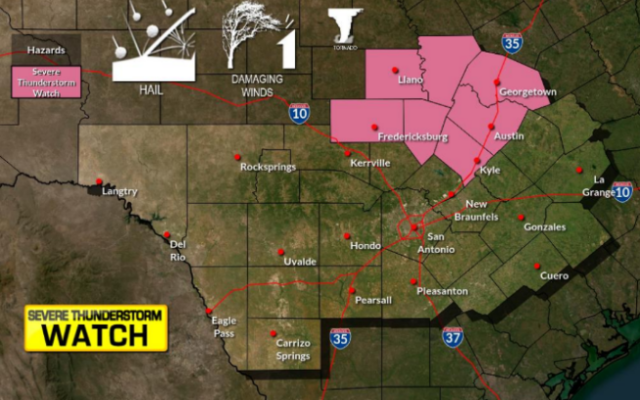Booster rocket failure stops U.S. hypersonic weapon test

“The test did not occur as planned due to a failure of the booster stack,” Defense Department spokesman Lieutenant Commander Tim Gorman told CBS News in a statement about the attempted test, which took place in Alaska. Gorman stressed the failure was not related to the hypersonic technology, just the booster.
“The booster stack used in the test was not part of the hypersonic program and is not related to the Common Hypersonic Glide Body. The missile booster is used for testing purposes only.”
The test took place at the Pacific Spaceport Complex-Alaska in Kodiak, and was conducted to inform hypersonic technology development. Despite the setback, the department is still on track to fielding offensive hypersonic capabilities in the early 2020s, according to Gorman.
Hypersonic weapons can travel within the upper atmosphere at five times the speed of sound.
The failed test comes after the Navy and Army successfully tested precision sounding rockets Wednesday. The rockets take measurements that aid in U.S. hypersonic development.
“During weapon system development, precision sounding rocket launches fill a critical gap between ground testing and full system flight testing,” The Navy said in a statement. The statement went on to say that launches like this one would help speed the development of offensive and defensive hypersonic technology.
The U.S. tests come amid reports that China has been testing hypersonic weapons.
The Financial Times reported China conducted a test of a nuclear-capable hypersonic missile in August. The hypersonic glide vehicle flew through low orbit towards its target and only missed by about 24 miles. The Daily Mail also reported China had conducted another test in July.
On Wednesday, President Biden said he was concerned by the reported Chinese tests.
Secretary of Defense Lloyd Austin was also asked about China’s alleged tests this week and declined to comment, but he told the reporters traveling with him to Tblisi, Georgia, that the U.S. keeps a close watch on the development of China’s military capabilities.
“You heard me say before that China is a challenge, and we’re going to remain focused on that,” Austin said.
You Might Also Like



